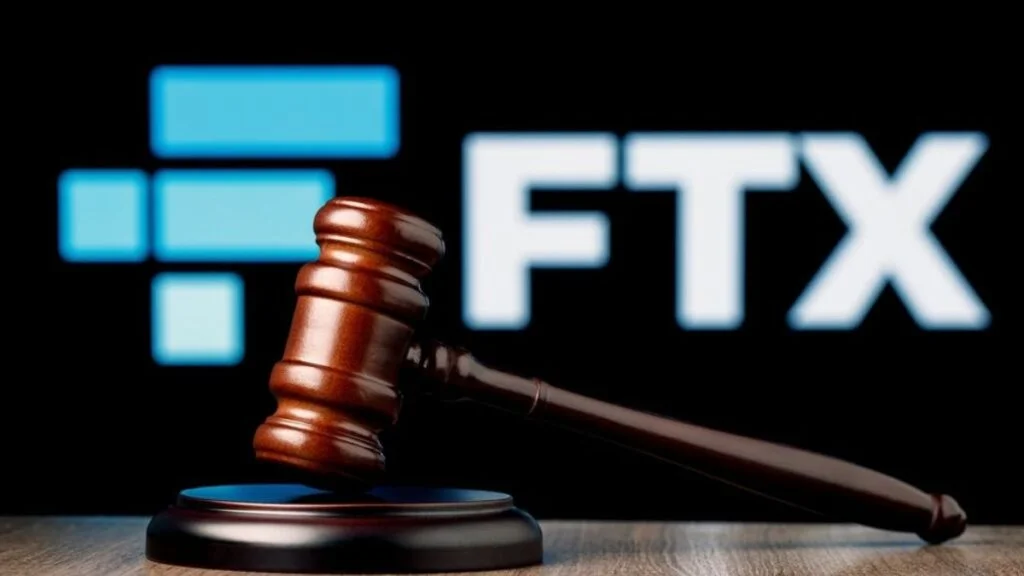U.S. bankruptcy judge to stop BlockFi from laying claim to more than $440 million worth of Robinhood stock purchased by indicted FTX founder.

The troubled cryptocurrency exchange FTX asked a bankruptcy judge in the US for help in preventing the crypto loan company BlockFi from seizing shares in Robinhood that its former CEO Sam Bankman-Fried had bought for almost $450 million.
On November 28, BlockFi filed a lawsuit requesting 56 million shares of Robinhood Markets from Bankman-parent Fried’s company, Emergent Fidelity Technologies.
The equities allegedly served as collateral for loans made by BlockFi to cryptocurrency trading company Alameda Research. Before paying out the BlockFi loans, FTX and Alameda both declared bankruptcy.
However, the crypto exchange claimed in a document submitted to a bankruptcy court in the United States that the statute shields the business from efforts to recover debt. Insisting that the troubled FTX companies keep the shares while inquiries into other ownership claims are ongoing, FTX claimed that Alameda Research is the rightful owner of the shares.
In addition to BlockFi, Bankman-Fried and Yonathan Ben Shimon, a creditor of FTX, are also claiming ownership of the shares. The crypto exchange also recommended an alternate strategy, which is to “prolong the automatic stay” of the assets, in the event that the court decides to reject the plea to keep the shares.
By doing this, according to FTX, “all creditors, including BlockFi and the others, can engage in an orderly claims procedure.”Bankman-Fried was recently released after claiming to only have $100,000 in his bank after meeting the demanding $250 million bail terms.
The parents of the former FTX CEO used the equity of their California home to finance the bond. The crypto world was perplexed as to how Bankman-Fried, who had claimed to have little money left, was able to fulfill the seemingly impossible criterion.
Some people even claimed that the former CEO of FTX utilized monies from stolen customers to avoid going to prison. Others dispute whether Bankman-ability Fried’s to spend the holidays in a mansion is fair.
